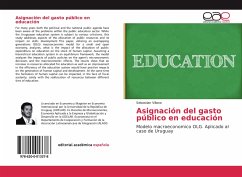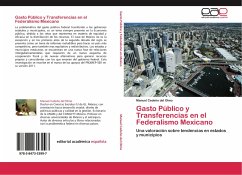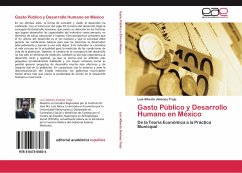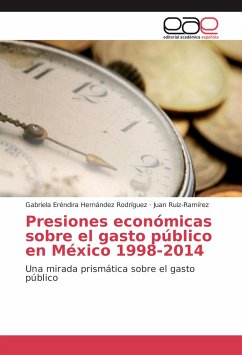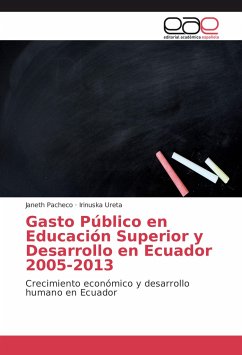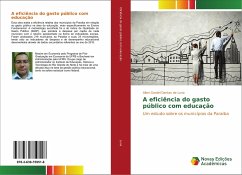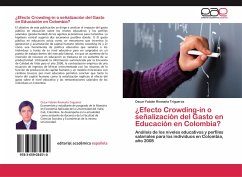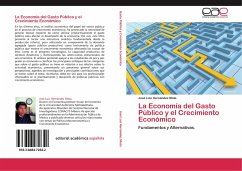For many years both the political and the national public agenda have been aware of the problems within the public education sector. While the Uruguayan education system is subject to various criticisms, this study addresses aspects of the allocation of public resources and its impact on skills development. This paper, utilizing an overlapping generations (OLG) macroeconomic model for a small and open economy, analyzes, what is the impact of the allocation of public expenditure on education on the stock of human capital. Assuming a hierarchical education system in an equilibrium framework, the model analyzes the impacts of public policies on the agent's microeconomic decisions and the macroeconomic effects. The results show that an increase in resources allocated for education as well as an improvement in the efficiency of the education system would have positive impacts on the generation of human capital and development. At the same time the formation of human capital can be impacted, in the face of fiscal austerity, solely with the reallocation of resources between different tiers of education.
Bitte wählen Sie Ihr Anliegen aus.
Rechnungen
Retourenschein anfordern
Bestellstatus
Storno

